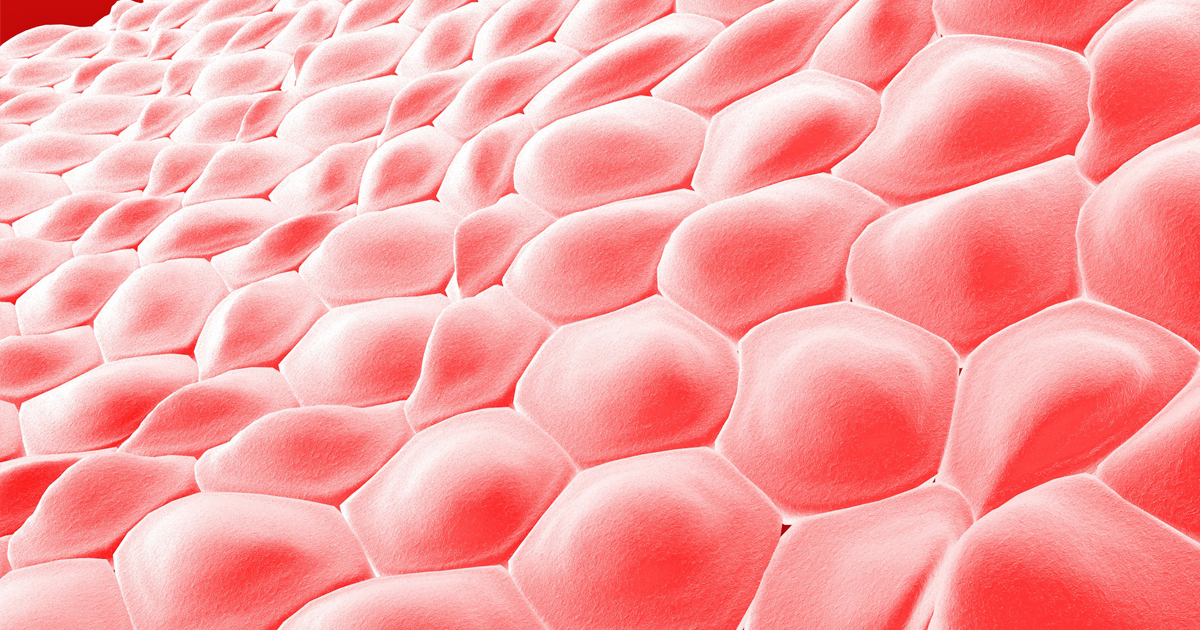An article written for ScienceDaily explores the possibility of reprogramming older cells to behave like younger ones. This new technique has been successfully demonstrated on human skin cells. The gene readouts produced by the cell and the epigenetic clock, where chemical tags present in the genome indicate age, have shown that the skin cells appear 30 years younger. These rejuvenated cells do not loose their specialized function after reprogramming, and are still able to produce collagen.
Reprogramming cells can take around 50 days and uses four key molecules called Yamanaka factors. After 13 days of being exposed to these molecules all age-related changes are removed, but the cells temporarily loose their identity. Cells regain their specialized function after being allowed to grow under normal conditions for the remainder of the process. These rejuvenated cells have the potential to heal wounds and provide structure to weakened tissues and areas of the body that need repairing.
This technique is not yet fully understood, but hopefully in the future it can be applied to other types of cells. It could eventually help in the treatment of age-related diseases such as Alzheimer's.

No comments:
Post a Comment